A Daily Agony
Rag pickers work under some of the worst conditions, and are often deprived basic healthcare
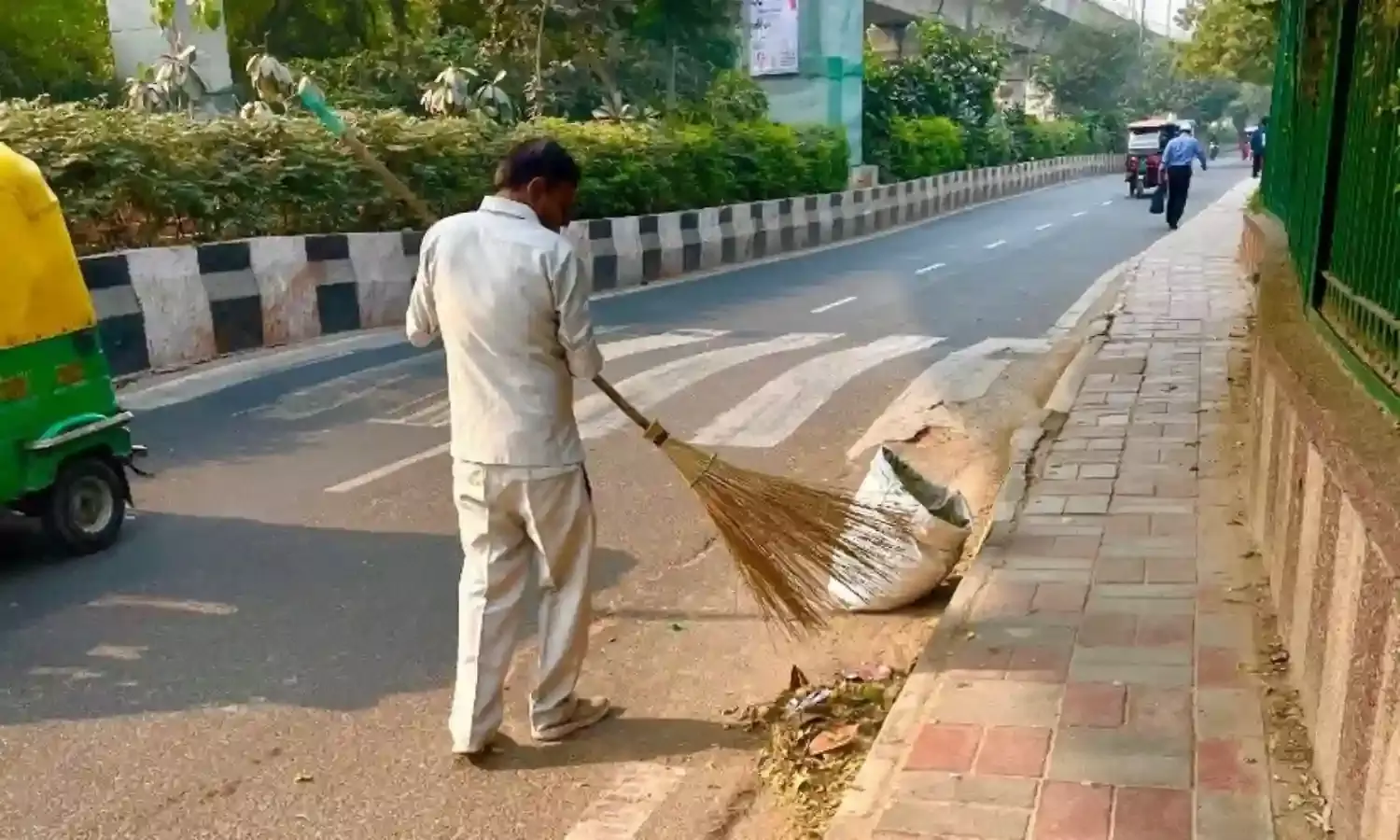
"I feel choked and heavy while I breathe. But now I have accepted this harsh reality of my life," says Makhan, a 37-year-old who works as a rag picker in Delhi. Problems faced by rag pickers are plenty, the most dangerous are health issues they face when exposed to waste, including chemical waste on a daily basis.
Most of them do not have any option and face miserable working conditions that put their health at risk. Rag pickers work under the most filthy conditions and constant exposure results in most of them getting several health problems, as the days go by.
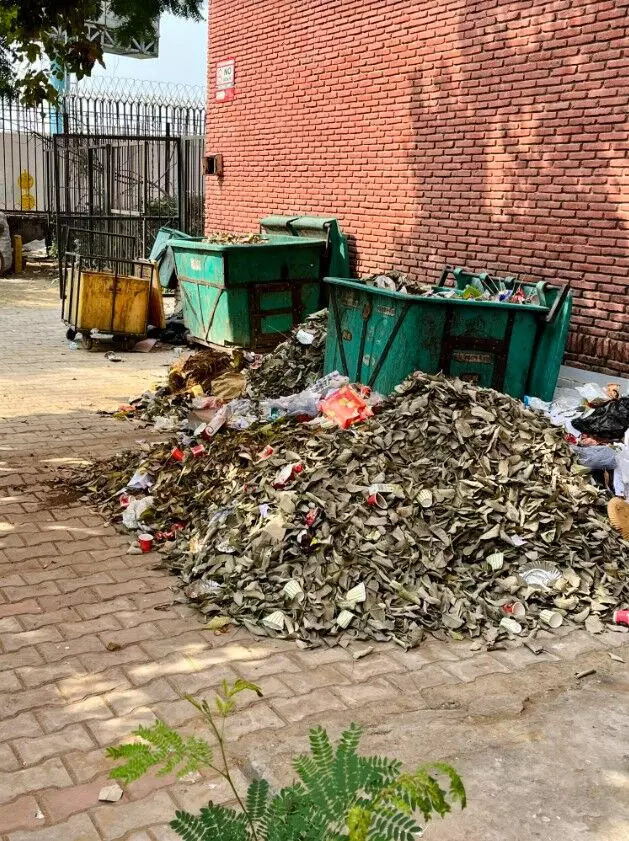
"I had severe abdominal pain and decided to go to a doctor. To my surprise, I was diagnosed with a worm infestation. I became a victim of this because I work in an unhygienic environment so that people can live in a healthy environment. Unfortunately, I still have to continue working in the same way because this is my only source of income" said Aftab, who refused to share his age.
According to a report in Hindustan Times, the number of rag pickers is estimated to be between 1.5 million and 4 million, and over 500,000 live and work in Delhi. Working under unsanitary conditions has resulted in major health concerns for these rag pickers. However, the solution for tackling this menace is not very appealing.
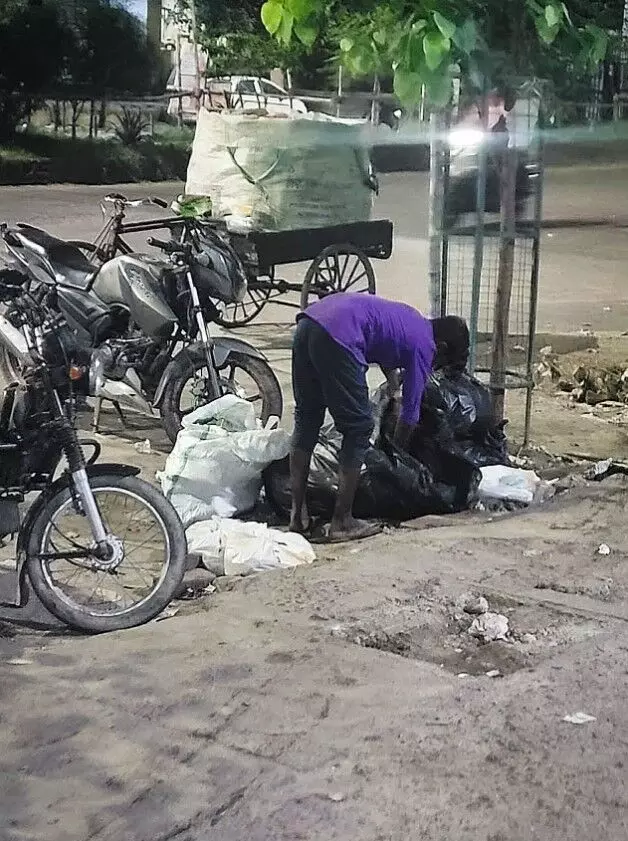
Former environment minister Prakash Javadekar had in 2015 declared that a cash prize of Rs 1,50,000 would be given to three ragpickers, and three associations involved in innovative waste management. However, there was no information available about the scheme now.
"I have developed breathing issues and uneasiness in recent years. This problem is only increasing each day passing by. I sometimes feel extremely lethargic and fatigued," added Makhan.
Most waste-picking activity is illegal in the city, so rag pickers often face harassment by cops and authorities. They say the local police exploit them unnecessarily. "I remember once the police came and started beating me up without any reason. When I asked them why they were doing ao, they asked me for money," recalled Makhan.
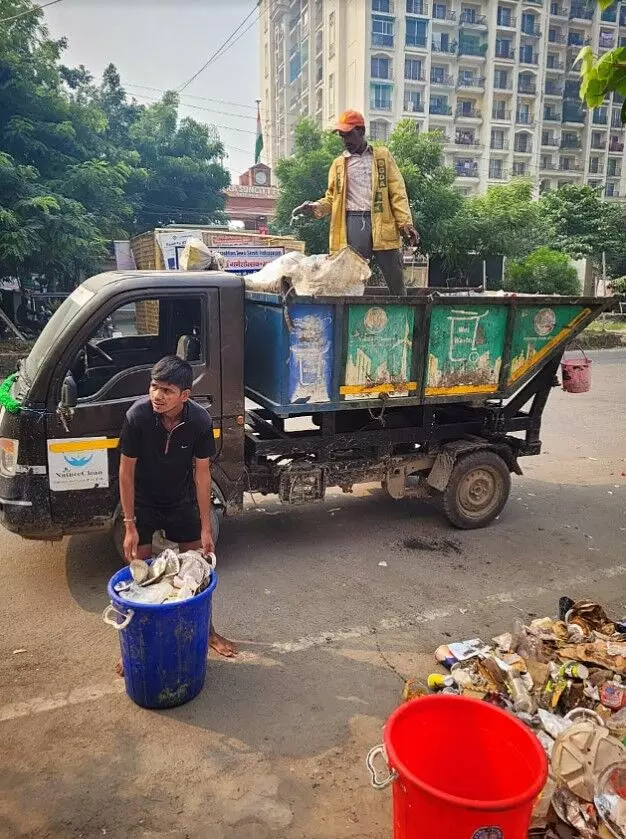
Most rag pickers regularly suffer from malaria due to mosquito bites and other skin ailments as they work in unhygienic conditions. At times, waste pickers are also prone to excessive consumption of alcohol, drugs, smoke and are vulnerable to other substance abuse. They do not have the option of taking a day off, or seeking proper medical attention.
"My hands are infected, however, I continue to work. Because of my 'status' people do not respect us, and treat us like slaves. I feel god has cursed me to live this vicious circle of rag-picking, where there is no turning back. I hail from a poor family, without any means or possessions. May almighty relieve us," said Raju, a 20-year-old rag picker.
Rag pickers work under some of the worst conditions one could imagine.They work extremely hard to earn a meagre income. They are the ones who are at the first line of waste management, and segregation of non biodegradable waste. However, as they themselves are, they are not even treated as equal citizens by the authorities, or the residents of the city whose garbage they segregate.
Vivek Srivastava, an independent environmentalist and the founder of Towards Green organization said, "rag pickers could be used as a means of the workforce in various sectors as they segregate the garbage. However, the problem persists because all the garbage ultimately goes to a landfill. To counter this, little has been done. However, mohalla clinics initiated by the government are progressing and trying to provide the best health facilities. Even after this, there's a long way to go."
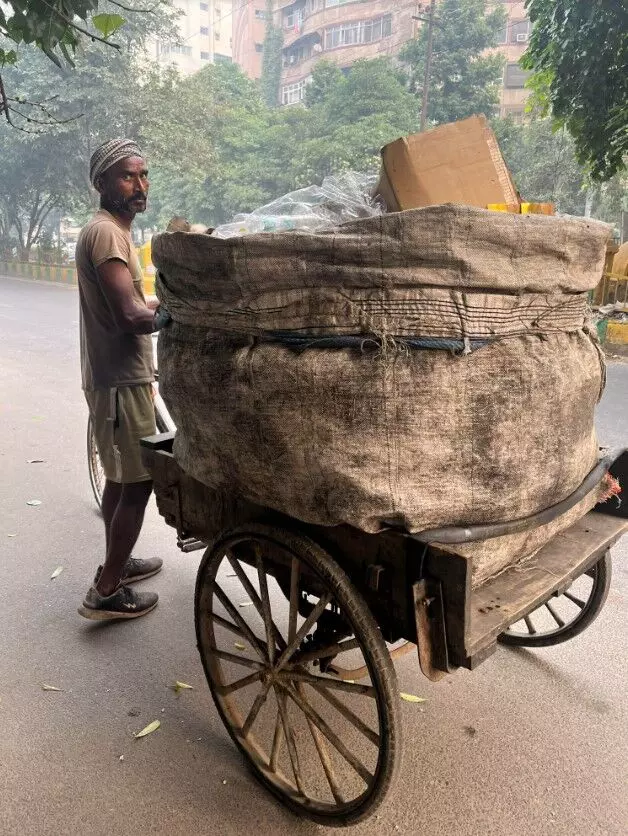
All Photographs ESHA KHANNA.



